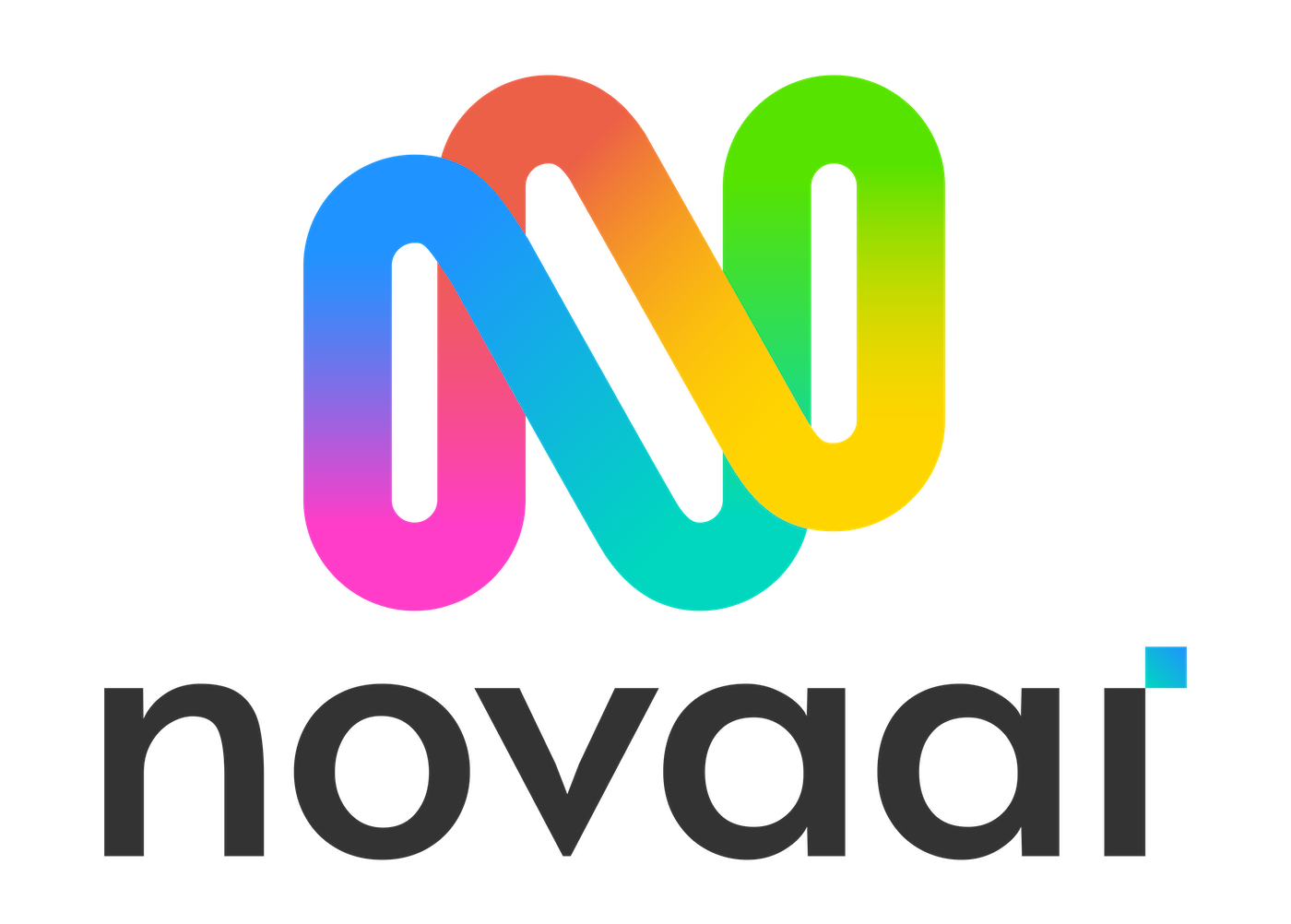In the digital age, where communication is predominantly screen-based, an unexpected trend is emerging: people are finding conversations with artificial intelligence (AI) to be more reliable than those with human beings. This shift, underpinned by recent studies and user feedback, signals a significant change in how we perceive and interact with technology, especially in text-based communications.
AI, once a concept relegated to the realms of science fiction, has seamlessly integrated into our daily lives, from virtual assistants in our smartphones to chatbots on various service websites. The evolution of AI in text-based communication has been profound, with advancements in natural language processing and machine learning enabling these systems to understand, respond, and even anticipate user needs with remarkable accuracy.
One of the key reasons for this growing trust in AI over humans in text conversations is consistency. AI systems are programmed to provide information based on a vast database of knowledge, ensuring that the information they dispense is accurate, up-to-date, and devoid of human biases or errors. This reliability, coupled with the instantaneous nature of their responses, makes AI a go-to source for quick, factual information.
Moreover, the anonymity provided by AI interactions adds a layer of comfort for users. Many find it easier to communicate with an AI, knowing that there is no judgment on the other side of the screen. This non-judgmental, neutral interaction fosters a sense of safety and reliability, encouraging users to engage more openly and honestly.
Another factor contributing to the perceived reliability of AI in text-based conversations is the elimination of emotional misinterpretations. Unlike human interactions, which can be laden with emotional undertones and misunderstandings, AI communications are straightforward and focused solely on providing solutions and information, making them seem more reliable in certain contexts.
However, it’s important to acknowledge that while AI can offer reliability in information dissemination, it cannot replace the depth and empathy of human interactions. The trust in AI reflects its role as a complementary tool, enhancing our access to information and support, rather than a replacement for human connection.
As we navigate this new landscape where AI and human interactions coexist, it’s fascinating to witness the evolving dynamics of trust and reliability. The growing confidence in AI for text-based conversations underscores the potential of technology to enhance our communication experiences, provided we maintain a balance between digital efficiency and human warmth.

